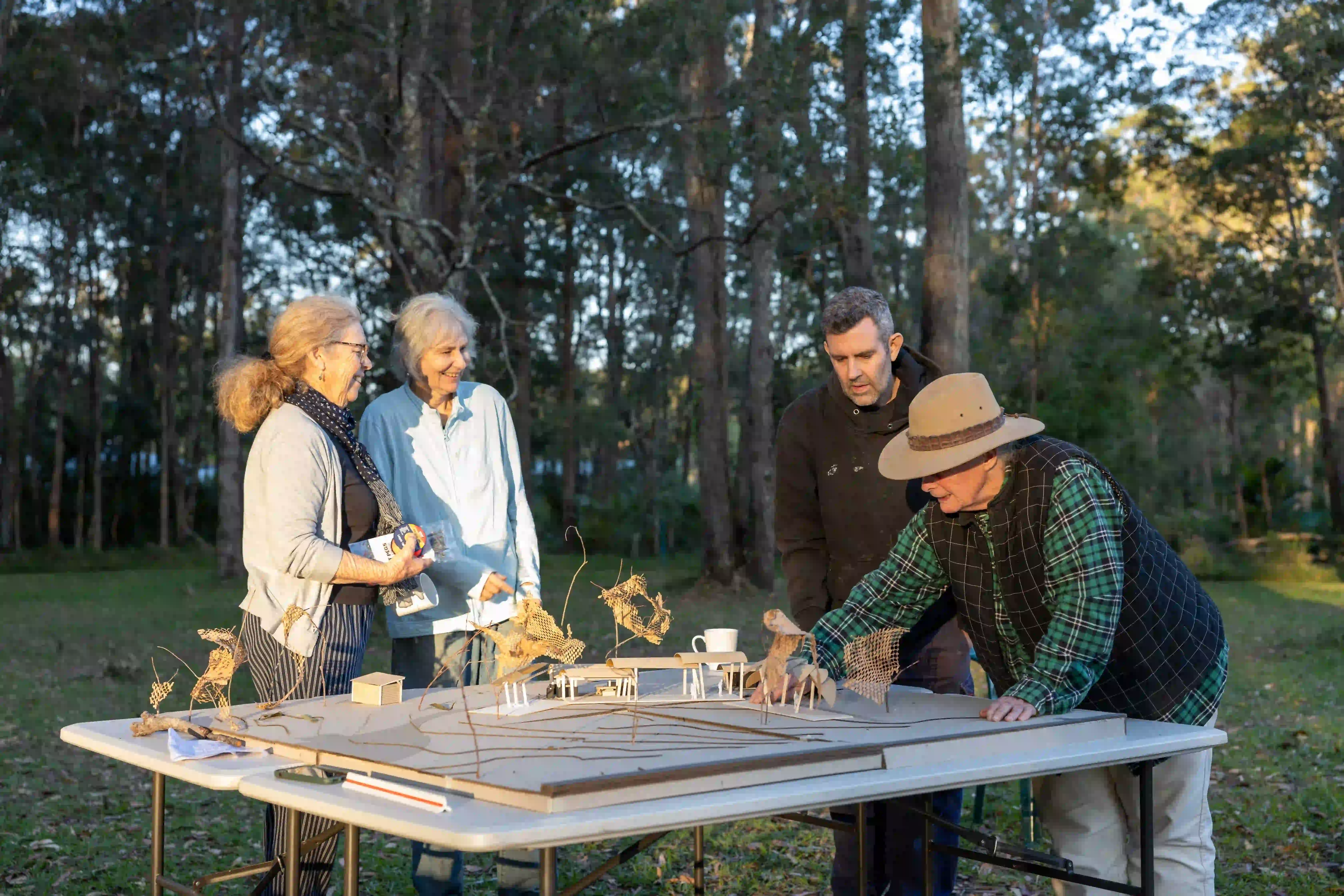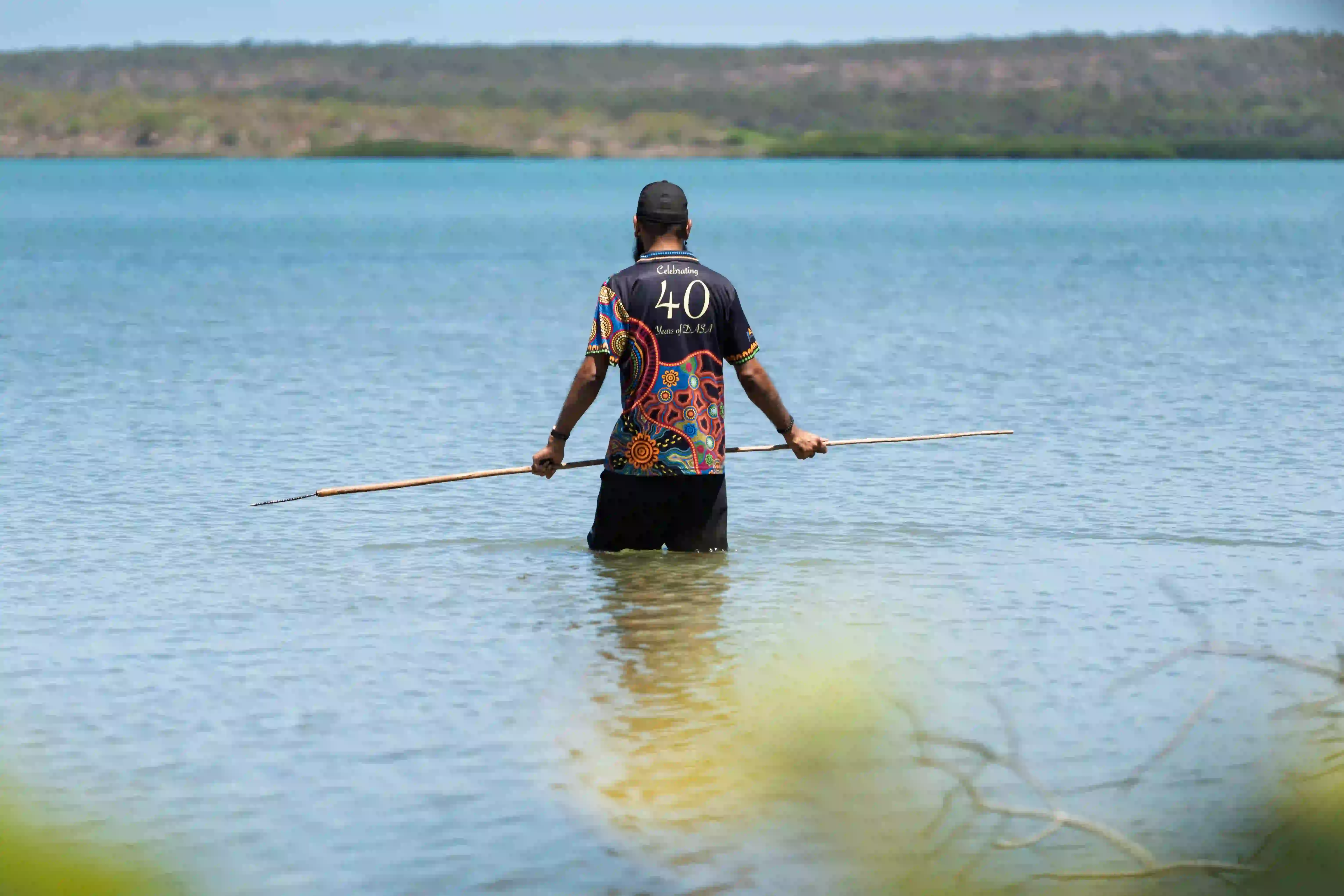The Paul Ramsay Foundation today unveiled its strategy to help break cycles of disadvantage in Australia. This will guide all future partnerships with charities, other not-for-profit organisations, research institutions and government.
So far this year, the Foundation has allocated $84 million underpinned by its new strategy. This includes $45 million to 15 organisations for longer term initiatives, $30 million for bushfire recovery and $9 million in phase one of COVID-19 funding to support vaccine research and vulnerable communities through the pandemic.
The Foundation has also established a Sustaining our Partners taskforce to support its existing partners through the COVID-19 crisis and any financial and operational shocks they may experience.
The new strategy and funding details were released as Melbourne Institute research commissioned by the Foundation found that girls born into the lowest income families have only a 14 per cent chance of breaking out of poverty in their lifetime. For boys, it is a 22 per cent chance.
Paul Ramsay Foundation CEO, Professor Glyn Davis AC said these findings confirm that cycles of disadvantage are persistent, stubborn and complex.
“Even in a country as prosperous as Australia, we cannot forget our three million fellow citizens who live in poverty.
“These Australians and others affected by the 2019-20 bushfires and the COVID pandemic need all the support we can give at this uncertain time.”
Professor Davis said the Foundation’s strategy underscores its belief that every Australian deserves an opportunity to live a healthy, productive and satisfying life.
“Cycles of disadvantage exist when children are ill-prepared for school, Australians do not complete education, find employment or are caught in the Criminal Justice system, They also occur in communities which know what needs to be done to break these cycles but do not have the resources to help their most vulnerable.
“These cycles relate to amongst many factors, poverty, homelessness, substance abuse and domestic and family violence. Breaking them requires us to collaborate, innovate – and take risks.
“Today is the culmination of almost a year of work identifying and defining our approach. We are grateful to our many partners who assisted us through that journey and to the extraordinarily talented team we have been privileged to recruit.”
Professor Davis said the Foundation continues to forge partnerships that use four critical “off-ramps” to target the weak points in cycles of disadvantage: Transitions to Employment, A Chance to Learn, Criminal Justice and Thriving Communities.
Transitions to Employment funds initiatives that assist those struggling to find long term, stable employment including people with disabilities.
A Chance to Learn supports lifelong learning opportunities from early childhood.
Thriving Communities supports initiatives that assist communities to find their own bespoke solutions to their particular challenges.
Criminal Justice will support measures which seek to break the persistent cycle of disadvantage of those caught in the Criminal Justice system. It will, at the outset, focus on intergenerational disadvantage, incarceration rates, homelessness and domestic and family violence.
Professor Davis said the Foundation was committed to strengthening Australia’s charity sector.
“We will pursue an additional mandate to support the capability and growth of the not-for-profit sector, social impact investing and social enterprises.”
Partnerships
Our work with United Way Australia and The Hive in Sydney’s Mt Druitt will develop the very best early childhood education options for this community.
There are 6,000 children under the age of five living in Mt Druitt. This includes Australia’s largest urban Indigenous population. The Hive focusses on the one third of Mt Druitt children assessed as developmentally vulnerable when they start school. This is important work, giving a new generation the best possible start in life.
We will partner with The Smith Family to build on its Learning for Life program to offer support to disadvantaged children with complex needs and circumstances, through a new program called ‘On Par’. This pilot, with rigorous evaluation, will test interventions with national potential.
The Foundation is also proud to join the emerging world of impact investing and social enterprise. Our first social enterprise and impact investments will provide capital for three ventures, including:
- Synergis, a newly created fund that supports high-quality housing for people with disability;
- The Living Learning social impact bond supports services for young people with mental health conditions who have fallen out of education and employment;
- We will support new intermediaries including the recently created impact investment firm, For Purpose Investment Partners.
The full list of new partnerships is below:
- The Hive: United Way Australia
- Co-creating community (Logan & Brimbank): Griffith University & Victoria University
- Learning for Life Data Futures: The Smith Family
- On PAR: The Smith Family
- Transforming corrections to transform lives: Griffith University
- Youth Early Intervention Model (South East Perth): Save the Children
- Shared data environment for understanding and tackling disadvantage: Melbourne Institute
- Understanding pathways linking disadvantage to pregnancy and childhood outcomes: Gen V and the Murdoch Children’s Research Institute
- Leadership: Australian Scholarships Foundation
- Philanthropy: Philanthropy Australia
- Research: Sydney Policy Lab
- Organisational Effectiveness: Creating Partnerships for Potential (CPP) – A Peer to Peer Initiative (P2P)
- Synergis Fund
- Living Learning LLC
- For Purpose Investment Partners









